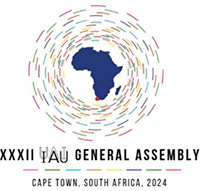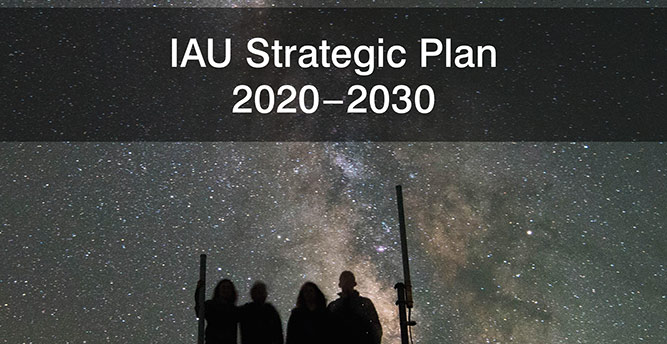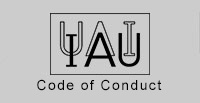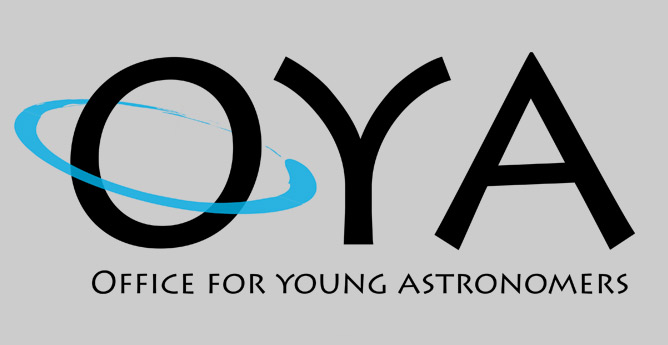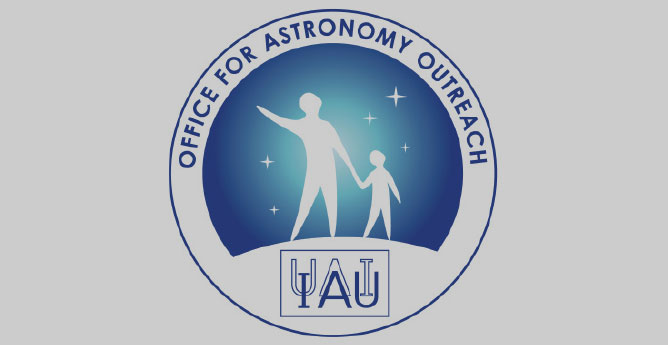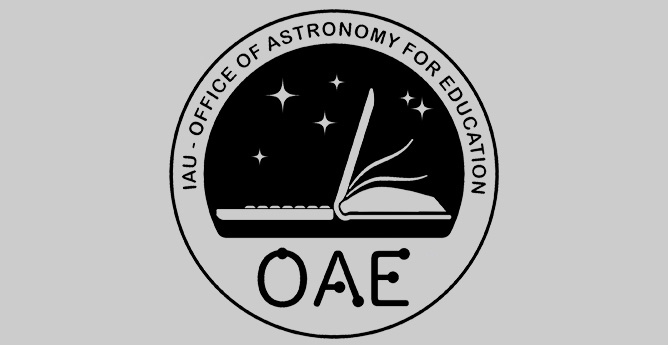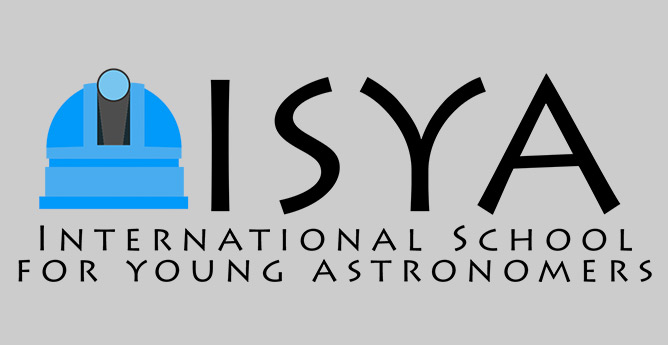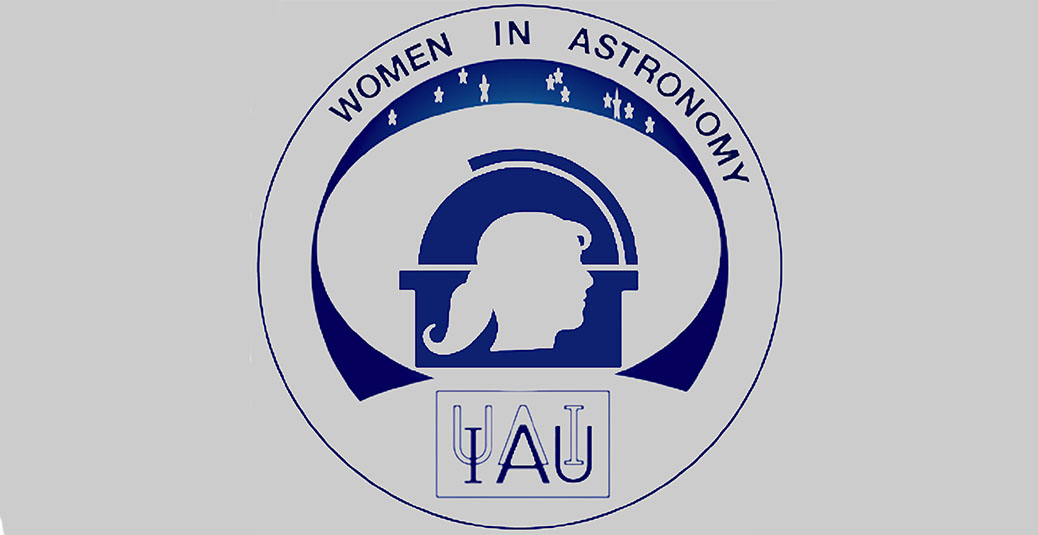- News
- Science
- Scientific Bodies
- Divisions
- Commissions
- Commission A1 Structure
- Commission A2 Structure
- Commission A3 Structure
- Commission A4 Structure
- Commission B1 Structure
- Commission B2 Structure
- Commission B3 Structure
- Commission B4 Structure
- Commission B5 Structure
- Commission B6 Structure
- Commission B7 Structure
- Commission C1 Structure
- Commission C2 Structure
- Commission C3 Structure
- Commission C4 Structure
- Commission D1 Structure
- Commission E1 Structure
- Commission E2 Structure
- Commission E3 Structure
- Commission E4 Structure
- Commission F1 Structure
- Commission F2 Structure
- Commission F3 Structure
- Commission F4 Structure
- Commission G1 Structure
- Commission G2 Structure
- Commission G3 Structure
- Commission G4 Structure
- Commission G5 Structure
- Commission H1 Structure
- Commission H2 Structure
- Commission H3 Structure
- Commission H4 Structure
- Commission J1 Structure
- Commission J2 Structure
- Commission J3 Structure
- Commission X1 Structure
- Commission X2 Structure
- Past Commission Organising Committees
- Working Groups
- Centres
- Scientific Meetings
- Rules & Guidelines
- General Assemblies
- Meeting Proposals
- Future IAU Meetings
- General Assemblies
- EC Meetings
- Officers' Meetings
- Regional Meetings
- Symposia
- Focus Meetings
- Institutional Meetings
- IAU Offices Meetings
- IAU-Sponsored Meetings
- Letters of Intent submitted for 2024
- Letters of Intent submitted for 2023
- Letters of Intent submitted for 2022
- Letters of Intent submitted for 2021
- Letters of Intent submitted for 2020
- Past IAU Meetings
- Templates
- Other Meetings
- Grants & Prizes
- Scientific Bodies
- Publications
- IAU Publications
- IAU Strategic Plan
- Symposia
- WGSBN Bulletins
- Regional Meetings
- Information Bulletins/Catalyst
- E-Newsletters
- Focus Meetings
- Transactions A
- Transactions B
- Related Publications
- GA Newspapers
- CAPjournal
- IAU Books
- Brochures
- IAU Offices
- WG Reports
- Commission Reports
- Division Reports
- Past IAU Publications
- Rules, Guidelines and Instructions for Proceedings
- Publishers
- IAU Publications
- Administration
- About the IAU
- Statutes & Rules
- IAU Policies
- IAU Executive Bodies
- IAU Secretariat
- Resolutions
- Members Administration
- Administrative Dates & Deadlines
- International Organisations Relations
- Donate to the IAU
- Training in Astronomy
- Astronomy for Education
- Astronomy for Development
- Astronomy for the Public
- Office for Astronomy Outreach
- FAQ
- Themes
- Satellite Constellations
- Astronomy in Everyday Life
- How to Report a Discovery
- Careers in Astronomy
- Defining our Place in the Cosmos
- The Constellations
- Light Pollution
- Measuring the Universe
- Near Earth Objects
- How to Participate in Astronomy Research
- Naming of Astronomical Objects
- Naming of Exoplanets
- Buying Star Names
- Naming Stars
- Pluto and the Solar System
- IAU Member Statistics
- Our Moon: the Moon
- Meteors & Meteorites: The IAU Definitions of Meteor Terms
- UNESCO-IAU Portal to the Heritage of Astronomy
- Social Media
- Past Events
- Call for Online Resources
- Astronomy@Home Awards
- Contact
G1 – Commission G1 Binary and Multiple Star Systems
Description
Binary and multiple stellar systems are an essential part of stellar physics, since single stars like the Sun are shown to be in the minority. Binary stars provide the most tractable, calibration-free path to fundamental stellar parameters (masses, radii, luminosities and temperatures). They also have vital interactions with planetary science, stellar structure and evolution (as calibrators), high energy astrophysics, galactic chemical evolution by way of supernovae, and cosmology. Binary stars also serve as standard distance calibrators, where the precision in the determined distance does not depend on the distance itself. The intent is to include all relevant kinds of observations of individual systems and populations, statistical studies, both analytical and numerical calculations, and database maintenance.
The main science topics central to the Commission are:
- the full range of observational tools that reveal binary and multiple systems (astrometry, photometry, spectroscopy, polarimetry, structure of cluster HR diagrams, products of space missions including Kepler, Gaia and LSST), and the interface of these with concerns of other Divisions and Commissions;
- kinematics, and ultimately dynamics, of binary and multiple systems;
- improved codes for binary and multiple systems, stellar atmospheres, structure and evolution, yielding surface compositions, tracks in the HR diagram, temporal changes in system masses and separations, etc;
- improvements of existing binary and multiple star system databases, regular production of publications (online and perhaps in print on paper), sharing databases, new codes, exciting discoveries, and opportunities for interaction with other parts of the astronomical community; and
- accurate knowledge of the history of the subject and its continuing impact on astronomy in general.
Commission Web Page
Commission Members (321)
Under Division
Division G Stars and Stellar Physics

Christopher Adam Tout
University of Cambridge
Institute of Astronomy
The Observatories
Madingley Road
Cambridge CB3 0HA
United Kingdom
Phone: +44 1223 337502
Personal website: http://www.ast.cam.ac.uk/~cat/
Organization website: http://www.ast.cam.ac.uk/
NCA adherence: United Kingdom
Last updated:
November 20, 2023

Ilya Mandel
Monash University
School of Physics and Astronomy
19 Rainforest Walk
Clayton 3800
Victoria (VIC)
Australia
Personal website: https://ilyamandel.github.io
NCA adherence: Australia
Last updated:
November 20, 2023

Henri M.J. Boffin
ESO
Karl-Schwarzschild-Str. 2
85748 Garching bei München
Germany
Phone: +49 89 320 6542
NCA adherence: Chile
Last updated:
November 20, 2023

Virginia Trimble
University of California Irvine
Physics-Astronomy Department
4575 Physics
Irvine CA 92697-4575
California (CA)
United States
Phone: +1 949 824 6948
Organization website: http://www.physics.uci.edu/
NCA adherence: United States
Last updated:
November 20, 2023
Organizing Committee
Search Scientific Bodies

